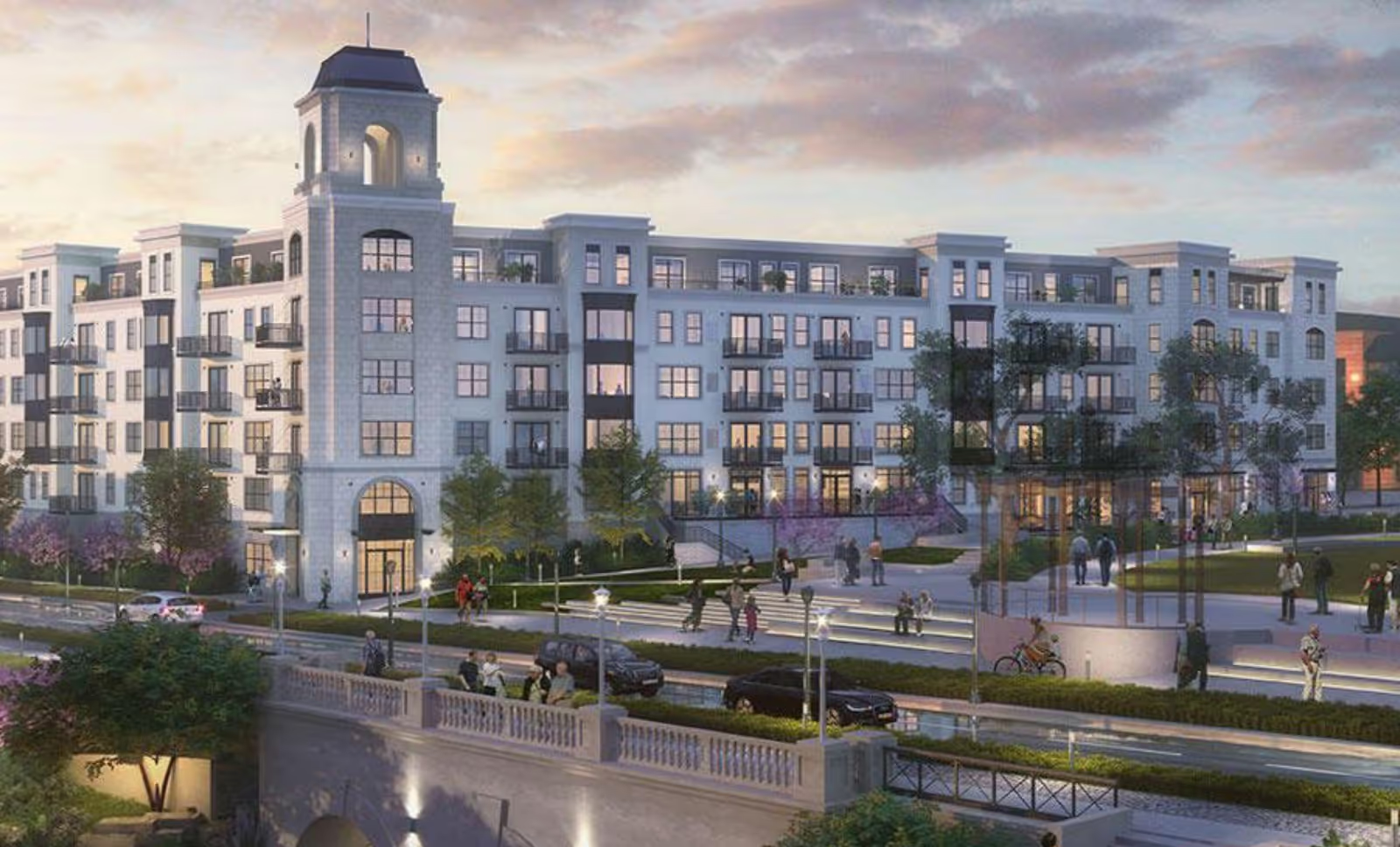Overall sentiment: Reviews of Stoney River Marshfield are mixed but cluster into two clear perspectives. Many families and residents praise the facility's physical environment, active programming, and the warmth of many staff members; however, a substantial number of reviews report inconsistent care, staffing problems, and management issues that materially affect resident experience. The facility is frequently described as attractive, modern, and well-appointed, with strong social programming. At the same time, multiple independent reports raise concerns about personal care, hygiene, communication, and reliability of promised services.
Care and staff: The most consistent positive theme is that many staff are caring, friendly, and in some cases experienced and educated. Several reviews describe staff who helped make transitions easier, who eat with residents, and who provide attentive, family-like care. However, equal attention must be paid to recurring negative reports: short staffing, high turnover, and inconsistent performance across shifts. Multiple reviewers specifically describe lapses such as missed showers, medication left on the floor, dirty diapers and offensive urine odors, not fully bathing residents, and the need for families to repeatedly advocate for promised care. Several comments link these lapses to younger or less experienced staff and to management and leadership problems. Some families felt the staff responded well and were supportive; others experienced poor communication, lack of follow-up, and unhelpful administration.
Facilities and cleanliness: The physical plant receives many positive mentions: spacious, bright rooms (often with a kitchenette/galley), large bathrooms, walk-in showers, pleasant common areas, fireplaces, and an attractive aesthetic including freshly repainted areas. There is consistent praise for on-site amenities such as a salon/barber, relaxation spaces, and outdoor patios/gardens. Nevertheless, reviewers are split on cleanliness and maintenance: while many call the facility "very clean" and praise the furnishings, others report worn carpeting, shabby furniture in places, and cleanliness issues in resident care areas. These contrasting reports suggest that cleanliness and maintenance are generally good but can be inconsistent, possibly tied to staffing or turnover.
Dining and activities: Activities and social programming are arguably the strongest consistent positive across reviews. Residents and families repeatedly describe an active calendar (multiple daily options, music, exercise, volunteer-led games, bus trips, happy hour) and engagement from staff and volunteers. Many reviewers say the activities keep residents busy and socially connected. Dining feedback is mixed: several reviews praise a wide variety of meal choices, restaurant-style dining, and substantial portions, while others complain of monotonous menus, casserole-style offerings, an overabundance of fish, noisy dining rooms, and order accuracy problems—some of which were attributed to new food-service hires. The general pattern is that programming and social life are strengths, while food quality and service consistency vary.
Management, communication, and fit: A clear theme among negative reviews centers on management, communication, and leadership. Multiple families reported poor communication, lack of responsiveness, and a perceived unwillingness to follow through on care plans. Reports of leadership "drama," lack of teamwork, and high turnover suggest operational instability that can affect day-to-day resident care. Several reviewers stressed that Stoney River may be a good match for "true assisted living" residents with moderate needs who will benefit from an active social environment, but not the right fit for residents requiring more intensive medical oversight or consistent skilled nursing-level attention. A few reviews also specifically cited shortcomings in end-of-life care knowledge and hospice coordination.
Patterns and recommendations: Taken together, the reviews paint a picture of a well-appointed community with strong social programming and many dedicated staff, but with recurring operational risks: inconsistent caregiving, staffing shortages, leadership turnover, and lapses in hygiene and communication. Families considering Stoney River Marshfield should weigh the facility's strong amenities, activities, and appealing living spaces against reports of inconsistent personal care and management responsiveness. Specific topics to investigate during a tour or before move-in include: current staff-to-resident ratios and turnover rates, protocols for medication administration and hygiene care, how care plans and shower/toileting schedules are tracked and enforced, night staffing and privacy practices (e.g., blinds closed), dining menus and flexibility, how memory-care residents are mixed with assisted-living populations, and the facility's process for handling complaints and follow-up. Observing multiple shifts, asking for references from recent families, and clarifying costs and what is included will help determine whether the community is a good fit for a particular resident's needs.
Bottom line: Stoney River Marshfield offers a high-quality physical environment and an active social calendar that many residents enjoy, supported by staff who are often described as warm and welcoming. However, inconsistent care practices, staffing and leadership issues, and some reports of hygiene and communication failures are important caveats. For residents with primarily social and moderate-assisted living needs, the community can be an excellent choice; for those who require more reliable hands-on care or close clinical oversight, families should proceed carefully and verify that operational issues have been addressed before committing.







